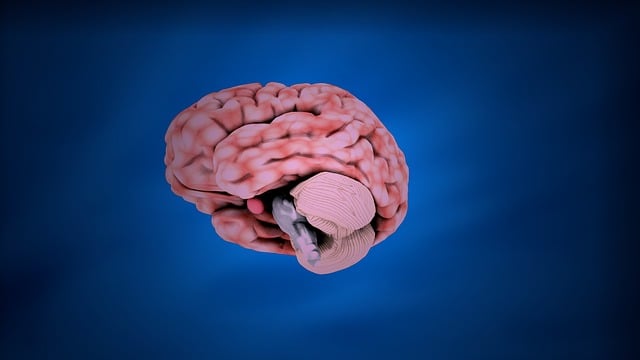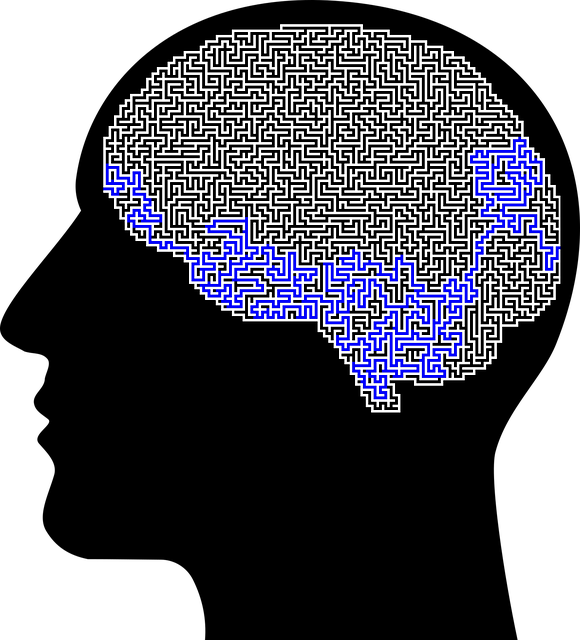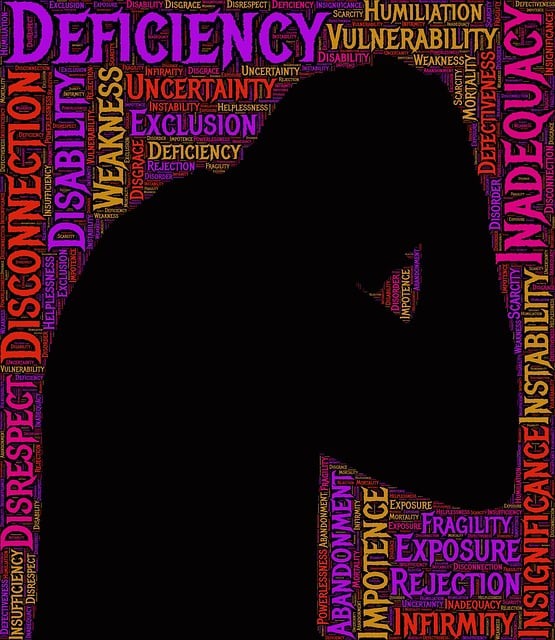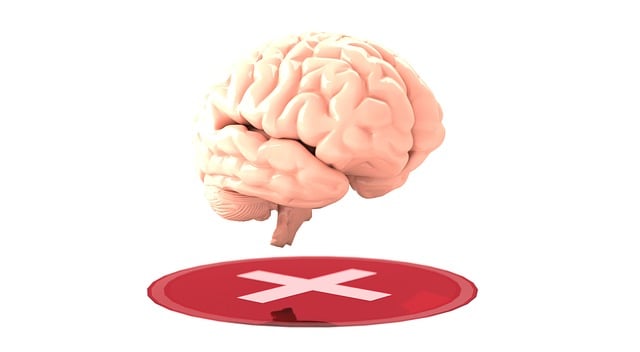Denver Cognitive Processing Therapy (DCPT) is an innovative harm minimization approach that tackles emotional issues by targeting negative thought patterns and cognitive distortions. This holistic therapy equips individuals with self-awareness and adaptive coping strategies, while training healthcare providers in cultural competency ensures inclusive, effective interventions. Through rigorous monitoring, well-defined protocols, and regular assessments, DCPT delivers evidence-based care, enhancing mental wellness and promoting positive change for Denver residents.
Risk assessment and harm minimization planning are crucial components of ensuring safety and effectiveness in various settings. This comprehensive guide explores these essential practices, focusing on the unique approach of Denver Cognitive Processing Therapy (DCPT). We define potential hazards and their impacts, provide strategies for developing a holistic harm minimization plan, discuss implementation and monitoring techniques, and highlight the transformative power of DCPT in enhancing safety protocols.
- Understanding Risk Assessment: Defining Potential Hazards and Their Impact
- Denver Cognitive Processing Therapy (DCPT): A Holistic Approach to Harm Minimization
- Developing a Comprehensive Harm Minimization Plan: Strategies and Tools
- Implementation and Monitoring: Ensuring Safety and Effectiveness in Practice
Understanding Risk Assessment: Defining Potential Hazards and Their Impact

Denver Cognitive Processing Therapy (DCPT): A Holistic Approach to Harm Minimization

Denver Cognitive Processing Therapy (DCPT) offers a unique and holistic approach to harm minimization, focusing on the intricate connection between cognitive processes and emotional regulation. This therapy delves into the underlying thought patterns that contribute to high-risk behaviors, providing powerful tools for mental health professionals to support their clients. By assessing risk factors through a comprehensive lens, DCPT empowers individuals to develop effective coping strategies, enhance mental wellness, and foster positive change.
Through its structured program, DCPT guides participants on a journey of self-discovery, teaching them to identify and challenge negative cognitive schemas. This process is instrumental in mitigating risks associated with mental health challenges, as it equips clients with the skills to navigate difficult emotions and make informed decisions. By combining evidence-based techniques with personalized coaching, this approach ensures that individuals not only manage their current struggles but also cultivate long-term mental wellness, breaking free from destructive patterns.
Developing a Comprehensive Harm Minimization Plan: Strategies and Tools

Developing a comprehensive harm minimization plan is a multifaceted process that integrates various strategies and tools to mitigate risks effectively. One key approach involves utilizing Denver Cognitive Processing Therapy (DCPT), which focuses on enhancing self-awareness exercises to address underlying cognitive distortions. By fostering mental wellness through DCPT, individuals can gain insights into their thoughts and behaviors, enabling them to make more adaptive decisions in high-risk situations.
Additionally, healthcare provider cultural competency training plays a vital role in harm minimization planning. This training equips professionals with the knowledge and skills to understand and address diverse cultural perspectives on risk and mental health. Incorporating culturally sensitive practices ensures that interventions are tailored to individual needs, thereby enhancing their effectiveness and acceptance. Through a combination of these strategies, healthcare providers can create inclusive environments that support positive outcomes for all clients.
Implementation and Monitoring: Ensuring Safety and Effectiveness in Practice

The successful implementation of Denver Cognitive Processing Therapy (DCPT) relies heavily on robust monitoring and ongoing evaluation. This includes establishing clear guidelines for crisis intervention, ensuring healthcare provider cultural competency training is comprehensive, and integrating regular mental wellness checks within the treatment framework.
Effective monitoring involves continuous assessment of patient progress, tailoring interventions as needed, and fostering open communication channels. By adhering to these practices, DCPT can ensure its safety and effectiveness in real-world settings. This proactive approach not only minimizes potential harms but also enhances overall therapeutic outcomes, demonstrating a commitment to evidence-based practices in mental health care.
In conclusion, risk assessment and harm minimization planning are essential components of any comprehensive therapeutic approach. By understanding potential hazards and their impact, professionals can effectively employ strategies like Denver Cognitive Processing Therapy (DCPT) to foster holistic healing. A well-developed harm minimization plan, complete with monitoring and implementation strategies, ensures safety and enhances the overall effectiveness of treatment. This multi-faceted approach is vital in navigating complex situations and promoting positive outcomes for all involved.














